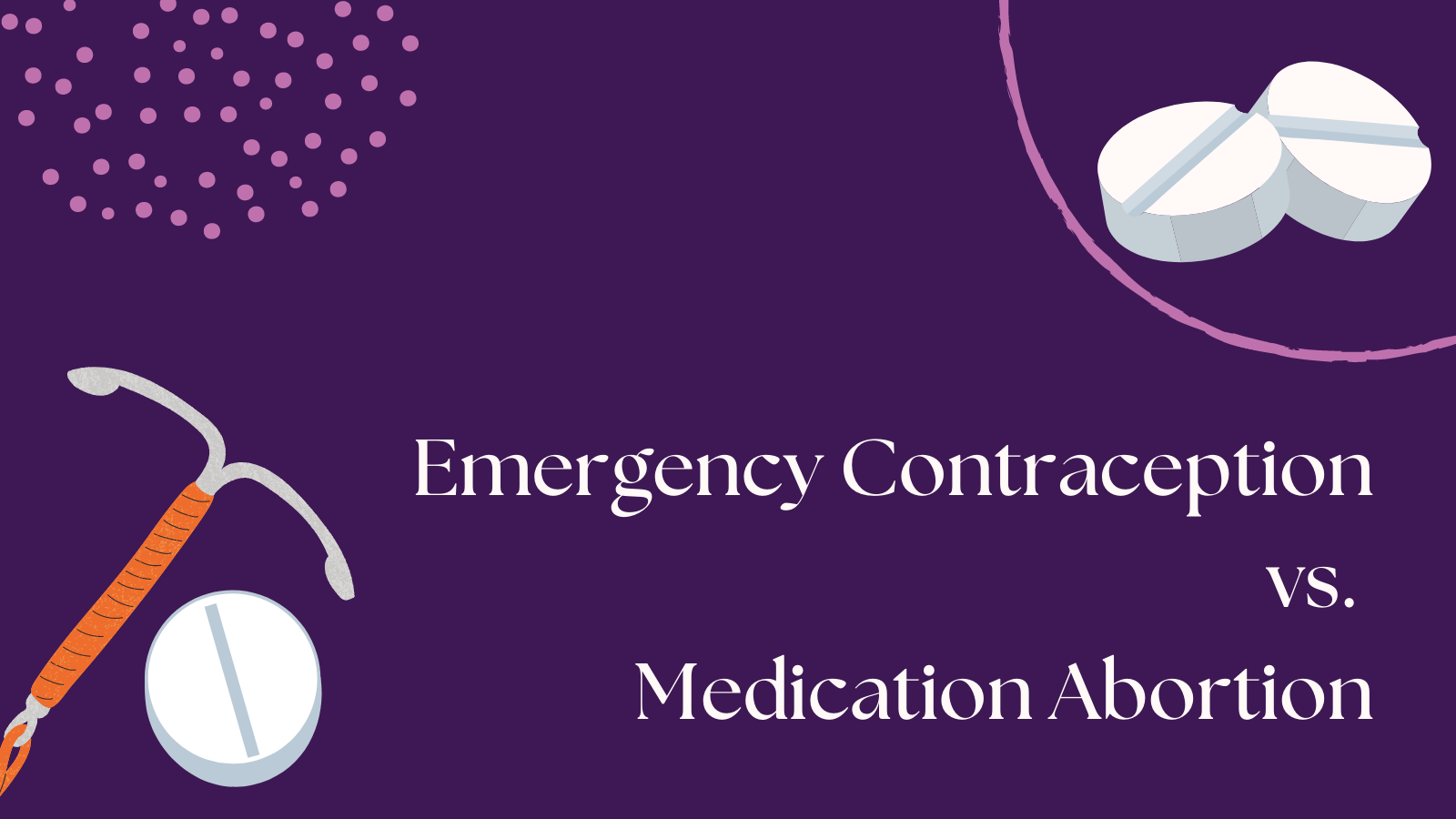
On Friday, we announced a joint federal lawsuit against the state of Texas to combat House Bill 2, an extremely restrictive law that passed in the state legislature this summer.
This morning, we've announced our lawsuit against #HB2 w/ @ReproRights @ACLU @PPact & many more: http://t.co/1ccCJeaOb4
— Whole Woman's Health (@WholeWomans) September 27, 2013
From CEO and President of Whole Woman’s Health, Amy Hagstrom Miller:
“We are filing a lawsuit today to stop the immense damage that this law will do to the healthcare system for women and families in Texas. The multiple requirements in HB2 create a perfect storm for thousands of women; blocking their access as well as taking away their right to safe medical care. This law is an injustice to women, men and families throughout Texas – from the urban areas along the I35 corridor, to the Valley, to East Texas, to West Texas. Many clinics have already closed and many more face closure if this law is not enjoined immediately.”
The lawsuit, Planned Parenthood v Abbott, is being filed by dozens of women’s healthcare providers in Texas with the Center for Reproductive Rights (representing Whole Woman’s Health), the Planned Parenthood Federation of America, and the American Civil Liberties Union. All parties are represented by Texas firm George Brothers Kincaid & Horton.
The litigation will specifically address two provisions of HB 2 that are the most immediate, far-reaching, and destructive for women’s health in Texas:
A provision to require physicians providing abortion services to obtain hospital admitting privileges.
- Arguably the most pressing of the HB 2 restrictions is its requiring of any physician providing abortion services to obtain admitting privileges at a hospital within 30 miles of their clinic. The provision, which isn’t required of any other medical provider, could cause at least one-third of the state’s licensed health centers providing safe, legal abortions to close in approximately a month from now. Cities like Lubbock, Fort Worth, Waco, McAllen, Harlingen, and Killeen would have access eliminated due to 13 of the 36 clinics in Texas having to close their doors. This has nothing to do with the training, expertise, or standards of the physicians involved but has everything to do with the difficulty of getting admitting privileges from a hospital due to moral or political objections to abortion.
A provision that would change the dosage and administering of a medication abortion.
- The lawsuit will specifically request an injunction on HB 2’s requirements that doctors now prescribe abortion-inducing drugs according to an outdated Food and Drug Administration label. Doctors have not followed this protocol for 13 years as research has since found that current ways in which the drug is administered are safer, more effective, and use less of the medication when a woman chooses to use the pill method to end a pregnancy. The old FDA label requires both three times the dosage of the current prescription and would also allow the drug to be administered not at a place where she chooses to miscarry, but only in a licensed abortion facility. Under the new requirements, a woman would have to drive back-and-forth to the clinic for each pill, increasing the chances that she would miscarry while commuting to and from one of her appointments.
Similar laws that require hospital admitting privileges have been passed in states like Alabama, Mississippi, North Dakota, and Wisconsin, all of them having had an injunction filed against them via a lawsuit similar to Planned Parenthood v Abbott. This is another indication that HB 2 is not an isolated law, but rather a repeat attempt by a larger national movement to restrict access across the US as a whole.
Research has already been done on the impact of HB 2 from the Texas Policy Evaluation Project (TXPEP), who found that of the women affected by HB 2, 80% of them will be living outside of the major metropolitan areas where the last remaining clinics that provide abortion will be. According to TXPEP’s findings, “nearly half of women seeking an abortion in Texas were unable to access their preferred birth control method in the months prior to their unintended pregnancy.”
The majority of Texans oppose HB 2 and any other abortion restrictions like it. Greenberg Quinlan Rosner Research found that 80 percent of Texans did not want abortion to be on the call for the special session this summer: “of registered voters, 63 percent say the state has enough restrictions on abortion and 71 percent thinking that the Governor and legislature should be more focused on the economy and jobs. A majority opposes the sort of legislation passed by the state Senate and being considered by the state House during this legislative Special Session, believing that it imposes further restrictions on abortion. Overall, only 34 percent trust the Governor and the legislature to make decisions about women’s healthcare.”
HB 2 has another provision not included in Planned Parenthood v Abbott, which would require all abortion facilities in Texas to increase their building standards to Ambulatory Surgical Centers (ASC) by September 2014. Facilities that would attempt to meet the requirements would need more time and a lot more money in order to retrofit or build an ASC to operate within the law.
So, what can you do?
We recommend doing the most important thing, and that’s educating everyone you know about the weight of this lawsuit and the precedence it could set. The Department of State Health Services has opened up public commentary for a 30-day period that started last week on the new rules set in place by HB 2. Participate in events like this webinar at 2pm today, or go to film screenings about the importance of abortion like this Cinema East screening of After Tiller. Always remember that spreading knowledge and awareness is your best weapon in the fight against the stigma that surrounds reproductive healthcare.
If you want to know why lawsuits and courts are an important part of challenging legislation, watch this video from WhyCourtsMatter.org, a project by the Center for American Progress:
We will keep you posted with updates on the lawsuit, on the status of our company’s presence in Texas, and on what’s next in continuing the fight against anti-choice extremists.
#fightbacktx



